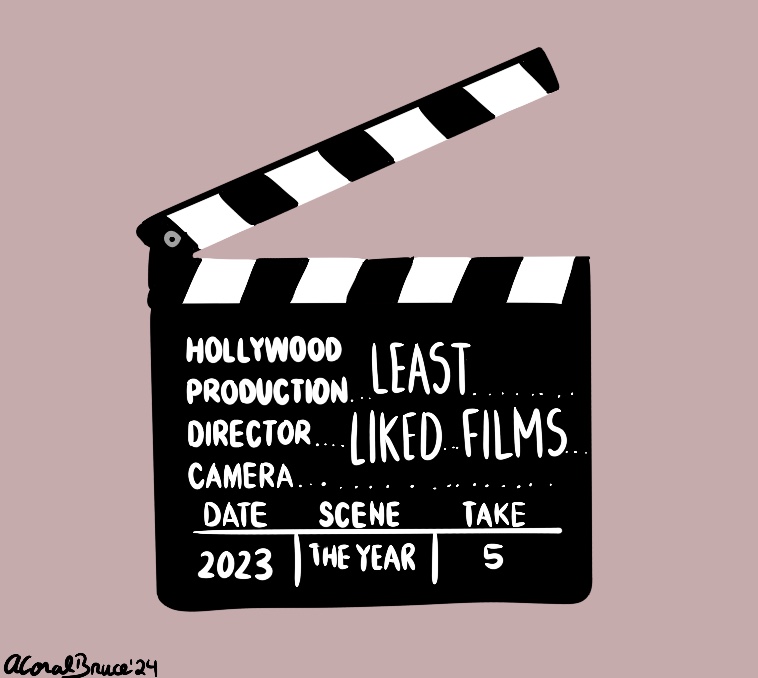I like to think of myself as an opponent of technological progress. My cell phone is an old Nokia design from the early 2000s; I’ve often heard it affectionately described as “the brick.” I’m just 10 years behind the times, and already I feel as though I’m hanging on to a distant past, clinging to it as though it’s an unwanted weed. These certainly are exponential times for technology.
I know it’s cliché to talk about our addiction to technology, but maybe it’s relevant in a different way. Maybe the stereotype of our digital dependence isn’t as true as we believe; maybe it’s a paradigm we project onto the world as a way to define our existence, our wants and our needs.
In my personal revolt against technology, I’ve formed an admittedly vain and impossible vendetta. My personality, in many ways, has grown around the idea that I do not like technology. I couldn’t imagine myself going out in public, chatting on an iPhone via Bluetooth or checking my e-mail with coffeehouse Wi-Fi via Blackberry.
I branded myself against technology, and now I don’t really think I can go back and undo what I did without undoing much of what my image of myself, the self I present to the world, has become. But do I really want to? Would I change myself and embrace all new technology if I could?
Maybe this happened as a result of my perception of the world. My actions were a result of the events I perceived to be going on in the world around me and the world at large. Everyone is hanging on to technology for dear life, I thought, relentlessly attached like barnacles to the newest ship of modern times. I think I was wrong.
It’s fashionable to say you’re beyond the reach of technology, that you couldn’t care less. The opposite is also true: It’s fashionable to be addicted to technology. But few people ever experience a true addiction.
Facebook is the world’s second-most popular destination on the web. There are more than 400 million active users, half of whom log in to Facebook every day. For a year, I was not a part of Facebook. I deleted my account. I made myself a martyr against technology.
But while I was abroad, my girlfriend convinced me to re-activate my account. She didn’t convince me, I convinced myself. The mere fact that we were arguing about it made me realize that there was no point in not having a Facebook account. My title as a Lord in the House of Luddites shriveled up and died, withered away.
Logging in to Facebook for the first time in a year, I typed in my old user name and password — poof! There is was. My old account, all my information saved, resurrected from the grave. It was a time capsule of my life, frozen in time, one year removed from the present.
So here I stand: On one hand, I twinge a little every time I acknowledge my reliance on technology to maintain the course of my life; on the other, I know it doesn’t define me, just as an opposition to technology can’t truly define you, either. Both are vain efforts.
Technology, its trends and its pervasiveness, have been a presence in civilization since man harnessed fire, since he created and commanded the wheel. There’s no point in trying to avoid it, but there’s no point in letting it run your reality. Technology and its impact on our world lies somewhere in between, on fallow ground, neither here nor there, a force certainly, but passive and pervasive at precisely the same time. We make of it what we will, as we do most things, although it holds no real power over our lives.
Jordan Jacobo
columnist Jordan Jacobo can be reached at [email protected]






